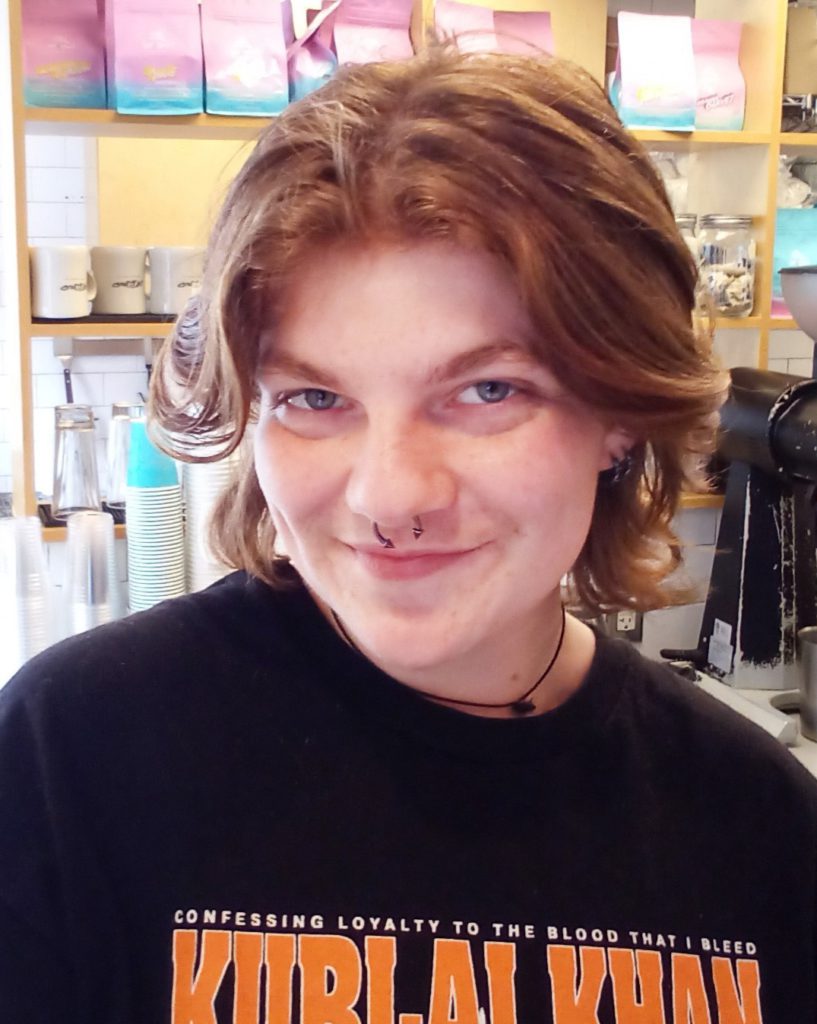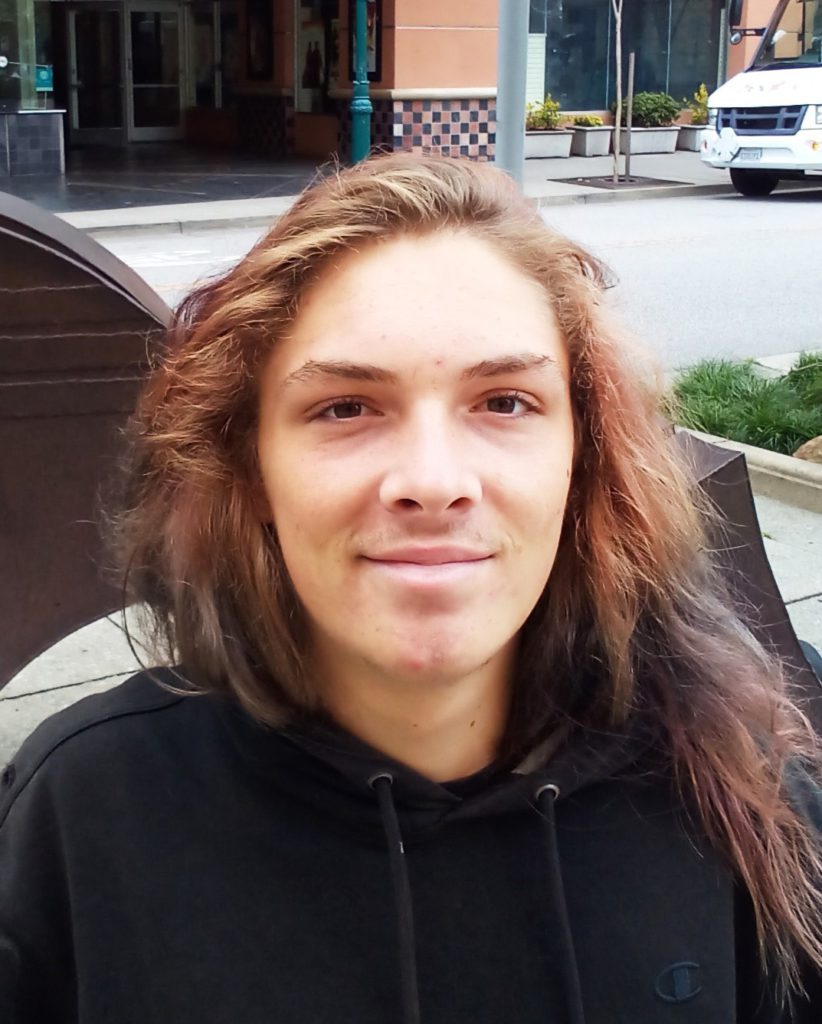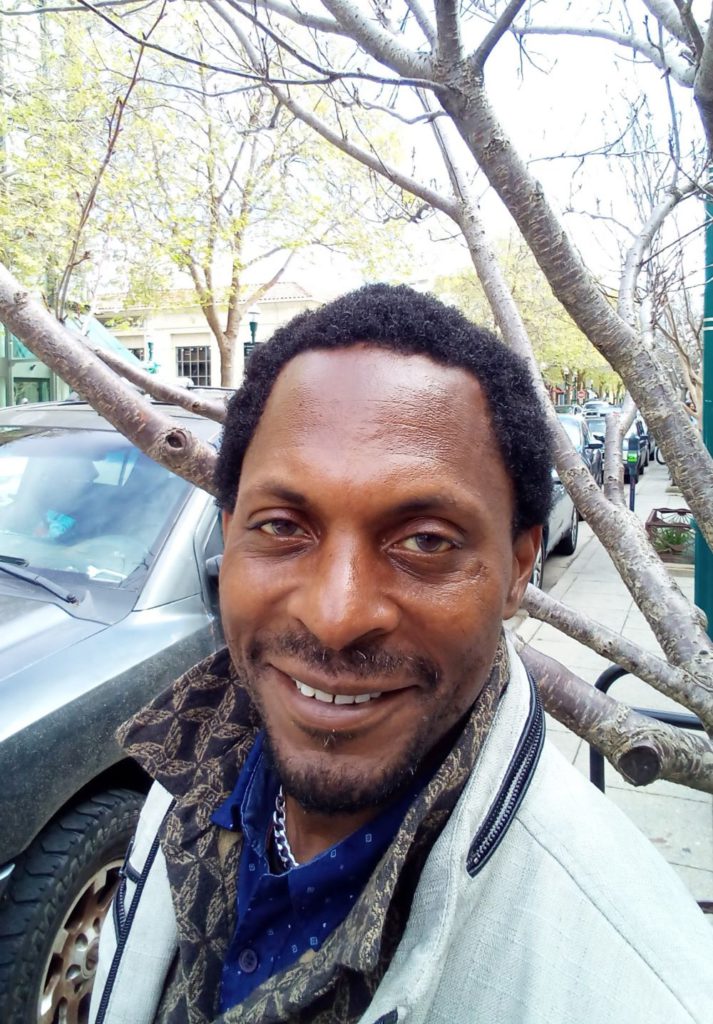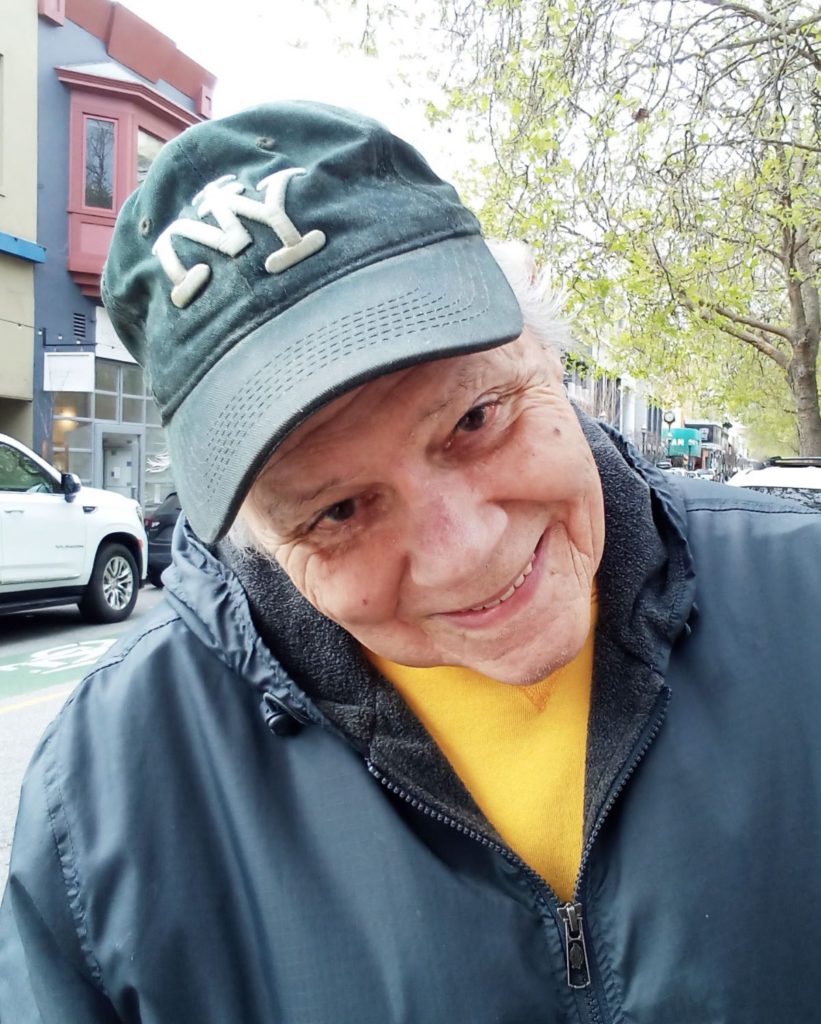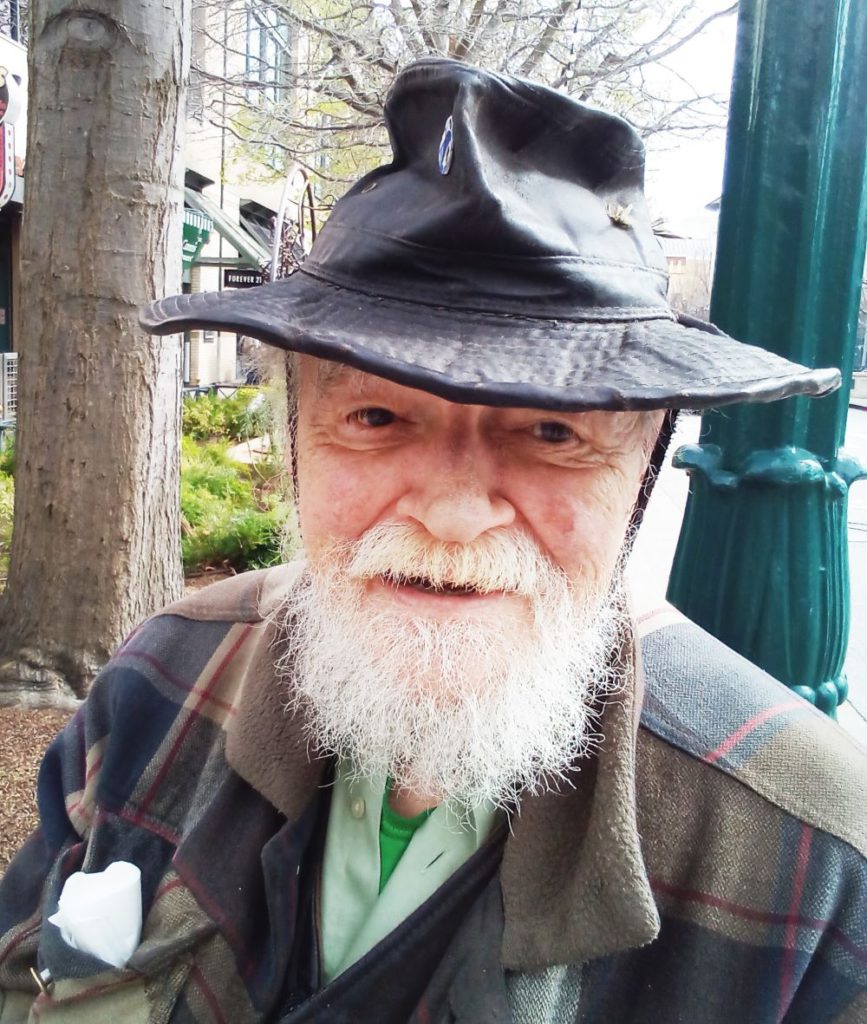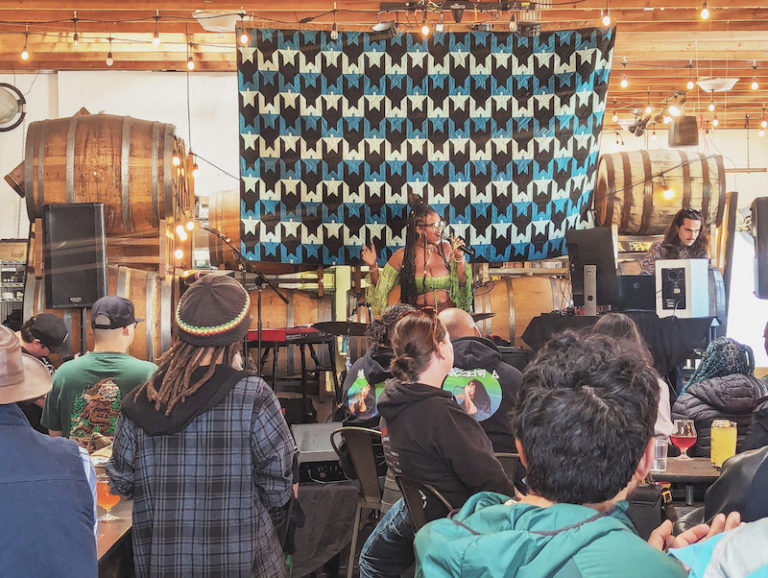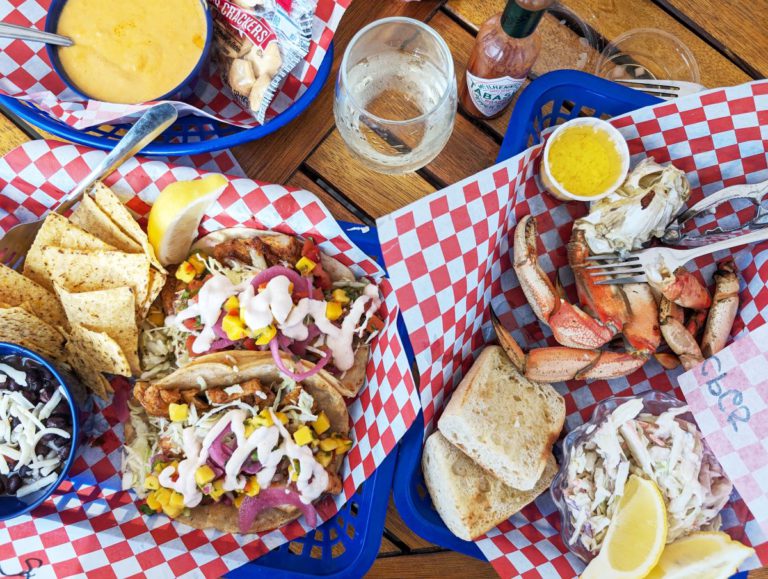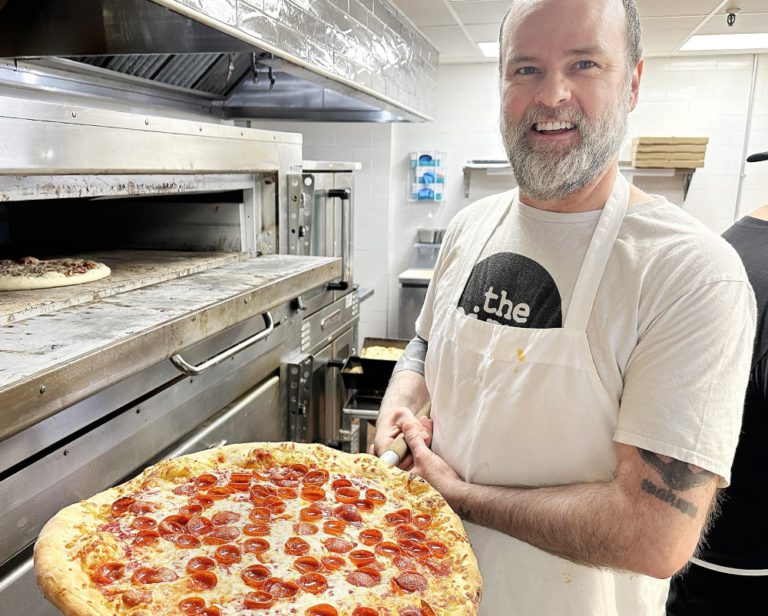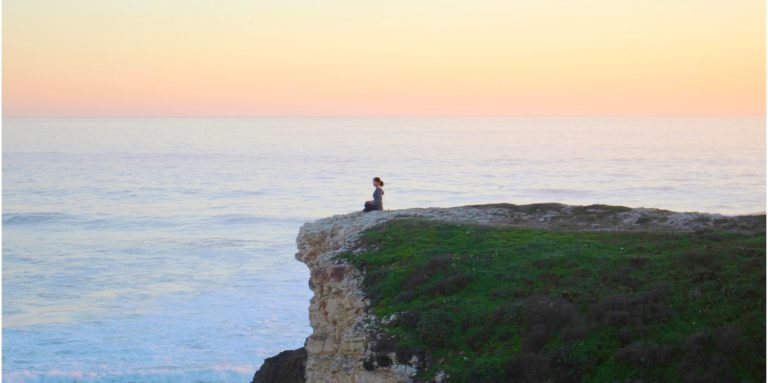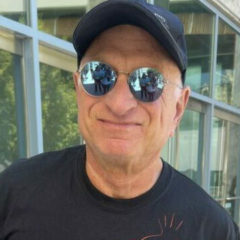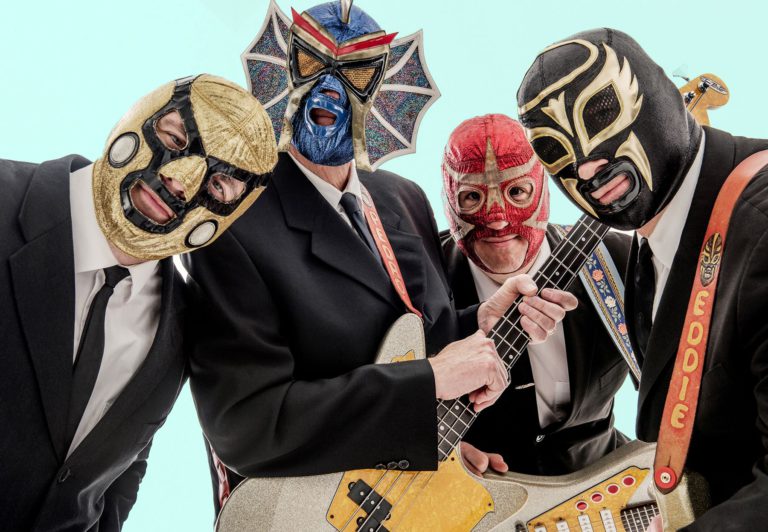Walking up Madrone Street by the Sash Mill, you can hear a faint bass rumble. It’s late afternoon on a chilly Sunday in March and Woodhouse Brewery is hosting Soul Good Sundays, a Black and Brown artist showcase. On a small stage, Yendis Kane pumps up the crowd of around 50 people inside the taproom. DJ itsdannyboysun plays their backing tracks through a sound system as the crowd cheers. They just can’t be too loud—and there can’t be any dancing.
Last summer, an anonymous complaint shut down the outdoor music events the brewery held for three years. For weeks after, the business suffered.
“People just stopped coming,” says Will Moxham, one of the owners. “There was a solid month there where nothing happened. And people were like ‘Are you open?’” The shuttering of live outdoor events led some patrons to believe the business was done for good, Moxham explains.
Over the past year, multiple Santa Cruz establishments were forced to cease their live music or entertainment events for operating without proper permitting. Woodhouse, The Apéro Club, 11th Hour Coffee and even local nonprofit Barrios Unidos have felt the sting.
In all the cases, confidential complaints led to a crackdown by the City of Santa Cruz. As businesses struggle to bounce back from Covid-19 restrictions, some owners feel that the city is not applying the rules fairly and hurting local entrepreneurs. Others feel that the city is stifling live music and entertainment, and compare it to prohibition-era restrictions.
We Don’t Want Another Nightclub
Moxham and his business partner, Tug Newett, sit down in their taproom on a weekday afternoon in front of their small stage. They have resumed hosting smaller events since October 2023. After the anonymous complaint in July, the pair were able to obtain an incidental entertainment permit from the city, which allowed Woodhouse to operate an “indoor stage/performance area [that] does not exceed 80 square feet and customer dancing does not occur,” according to a city zoning ordinance regarding live music in eating and drinking establishments.
The brewery opened its doors in November 2020, at the height of Covid-19 and just like many other businesses, began operating outside in its parking lot. Soon after, the owners incorporated live entertainment, including DJs and musicians. For three years they went unnoticed and were mindful of the businesses around them—the area is zoned for commercial use and not residential.
“I rode my bike to every single business in this area [and] gave them our number. I saw how loud it was. I was like ‘Does this bother you?’ They [said] ‘No’, and so we went for three years. Nobody said a word,” Moxham says.
“One person complains and puts you out of business,” he adds.
Nancy Concepcion, Associate Planner and Code Compliance Specialist for the city’s Planning and Community Development Department, says in an email that all it takes is one complaint for enforcement to occur.
“The city does not conduct proactive enforcement on these uses, so it wasn’t until we received a complaint that we conducted an investigation into the use,” Concepcion says.
Moxham and Newett say that due to the live music component of some of their events, the city compared their operation to a nightclub, like downtown’s Motiv. They reject that characterization, and point to the various community fundraisers and cultural events they host. Soul Good Sundays, for example, seeks to bring Black and Brown artists together in community.
“It’s not until they shut you down and compare you to a nightclub that you start thinking about what they [perceive] we’re actually doing here” Moxham says.
The business has lost tens of thousands of dollars in revenue, he estimates.
The city’s current entertainment ordinance, which dates back to 1972, requires any establishment that has live music and “any form of dancing upon the premises by patrons thereof” to obtain a permit similar to that of The Catalyst or Motiv.
Other business owners who have also had their live entertainment shut down say the city’s ordinance resembles prohibition-era laws and hurts businesses trying to survive.
‘It’s the Footloose town’
Aran and Hannah Healey opened The Apéro Club on the Westside in August 2020. The natural wine bar occupies a small space at the end of an alley dotted with other similar shops. To boost business, they began to host local DJs and other entertainment. Patrons would dance to the music on the outdoor patio. Then, in January 2023 a complaint was made to the city citing the outdoor entertainment and that the business was operating past 10 p.m.
“I feel like I’m a criminal in my own town,” says Hannah.
The city’s entertainment ordinance stifles the ability to foster community and has affected their business, she adds. Aran says that since the enforcement, their revenue has decreased by about 35%. This was due in part because the city initially limited Apéro’s hours of operation to end at 8 pm after the complaint, which was what they were permitted for, according to the planning department. Previously, they were open until midnight on some nights.
“I’m not running a nightclub or a concert hall. To play music and have some people dancing while drinking wine, that just seems kind of normal,” Aran says.
In order to extend hours until midnight, Aran applied for a “minor modification” to their use permit. It cost him over $3,000 for the city application on top of another $550 to the California Department of Alcoholic Beverage Control. However, he was only allowed to stay open until 10:00 pm. He says planning department staff have told them they are “being watched” on social media to make sure they are following the rules.
His ultimate goal is to be open until midnight, but according to city regulations, a conditional use permit can only be modified once every five years.
“It’s like they pick and choose where to enforce it, how to handle it, […] we’re at an impasse,” Aran says.
“We live in the ‘Footloose’ town,” Hannah says, referring to the 1984 movie in which a small town bans rock music and dancing.
City officials recognize that in light of these shut downs—which they say are purely coincidental— the city’s ordinances around the issue need to be revisited.
City’s Compromise
Rebecca Unitt, the City of Santa Cruz’s Business Development Manager, says that her team, alongside city planning staff, have worked out a temporary solution for The Apéro Club. As of last week, the hours will be extended to midnight as a sign of “good faith” by the city at no additional cost to the business. The informal agreement leaves open the possibility of permanent extended hours after Apéro passes a probationary period.
“We discussed internally that if [they] want to be open until midnight, we could provide this sort of temporarily since he had just gone through the modification,” Unitt says.
As part of that agreement, there will be no karaoke, no DJs—other than a laptop connected to a small speaker—and definitely no dancing. “Some movement can’t be helped, but the space should not become a dance venue” reads part of an email outlining the terms.
Over at Woodhouse, Moxham and Newett are working within the parameters of their current permit, but are also exploring getting a special use permit to have outdoor music again. Moxham says that a required acoustical study may cost between $5,000 and $10,000.
“So basically they almost put you out of business, and I think in the end the simple solution could be to just have a city hearing,” Moxham says.
Nancy Concepcion estimates that the process for a special use permit may take up to six months and cost over $5,000. A public hearing and approval by the city’s planning commission is also required. Moxham says that figure is on top of the cost of a required acoustical study that is ambiguous in its nature.
In response to these business owners’ feeling that the city is making it hard for them to run successful establishments, Concepcion acknowledges that changes might be underway.
“It is anticipated that the city will undertake [a] review [of] the entertainment and alcohol ordinance in conjunction with the Police Department, to determine potential modernization amendments,” she says.
Unitt agrees.
“We’ve realized, from these examples, that the current system for entertainment permits is not working optimally,” Unitt says. “Looking at making those changes in the city can be a slow process […] because they have a big impact.”
